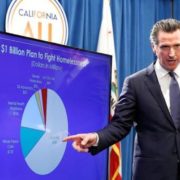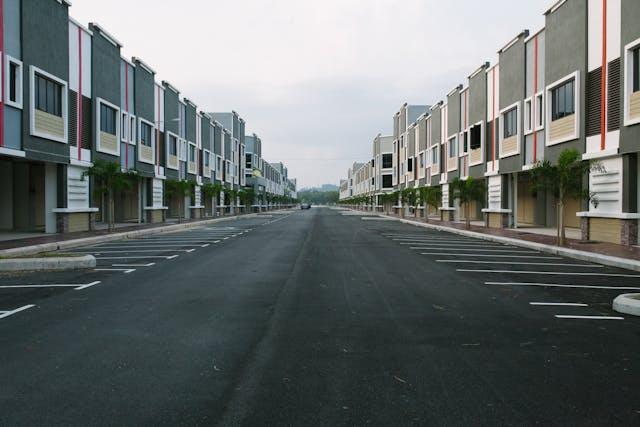$214.8 billion budget inches state towards universal health care plan, includes expanding health care for undocumented immigrants
Over the weekend, the California State Assembly met the deadline for a new spending package and approved Gov. Gavin Newsom’s first budget plan that allocates $214.8 billion for some of the boldest, progressive bills ever proposed in the Golden State.
The governor’s plan reflects the state’s elevating progressivism and includes, among other intrepid plans, expanding Medi-Cal coverage to all low-income adults between the ages 19 to 26, regardless of immigration status.
This makes California the first state to pass legislation that ensures health care coverage to a significant sect of undocumented immigrants, moving the state closer towards a universal health care plan.
California is also the first state to expand Covered California subsidies to middle-class families that earn a maximum of 600% below the federal poverty level, meaning that a family of four that makes up to $154,500 may still qualify for a discount.
“Quality, affordable healthcare doesn’t have to be some far-fetched, crazy idea,” Newsom tweeted on Saturday, June 15. “Our budget will make insurance more accessible [and] affordable to hundreds of thousands of people and provide subsidies for middle class families to help pay for healthcare costs.”
The bill also reinstates a version of the individual mandate first included in the Affordable Care Act (and axed by the GOP-controlled Congress in 2017), which would place a $695 state penalty on anyone who doesn’t have health insurance.
The governor’s approved budget plan also represents the state’s most vigorous effort in combating the state’s housing and homeless problems. The lion’s share of the $2 billion plan will be allocated to housing and care for the state’s homeless population in the form of grants for cities and counties to build emergency shelters, health care for the homeless and affordable permanent housing.
Even though the Assembly signed off on the budget last week, it approved another 12 “trailer” bills on Monday, June 17 that would bring about more grand policy changes, including a bill that would increase paid family leave benefits from six weeks to eight weeks. (Klarize Medenilla/AJPress)






